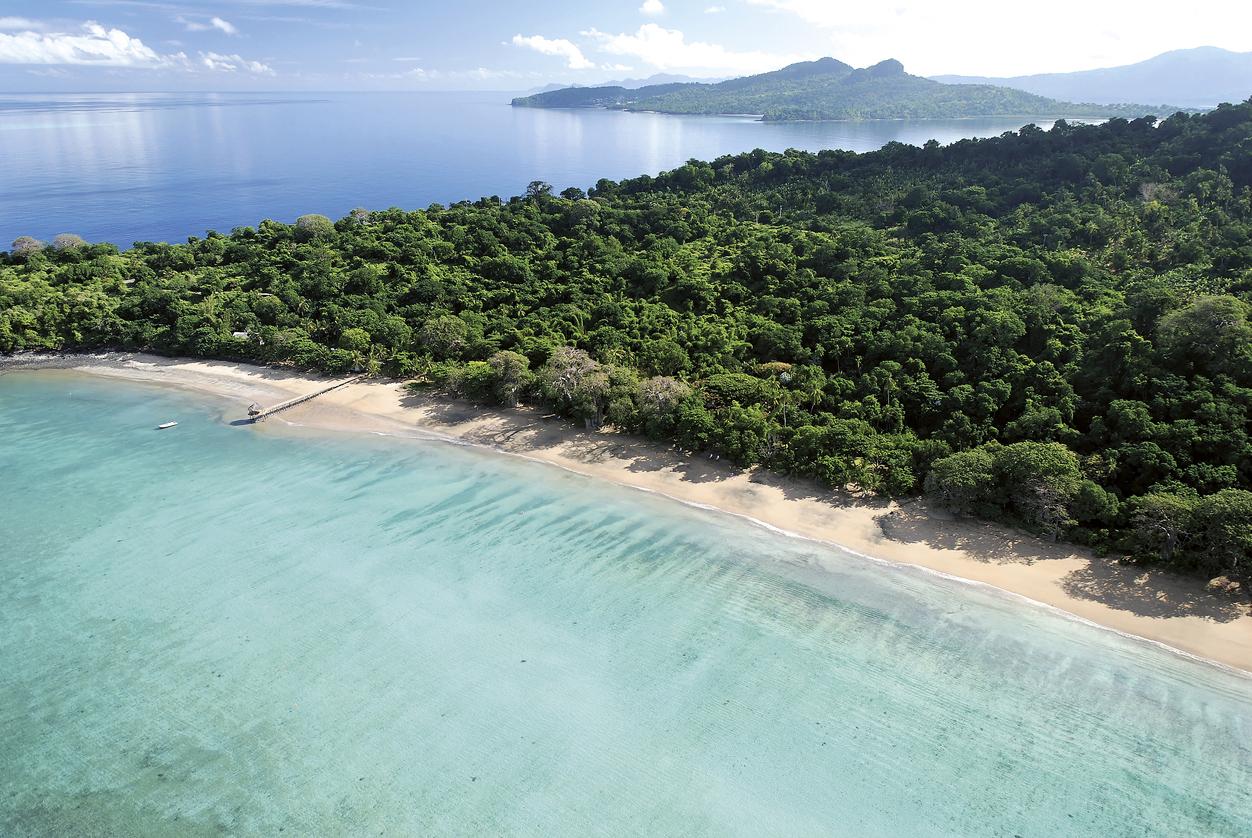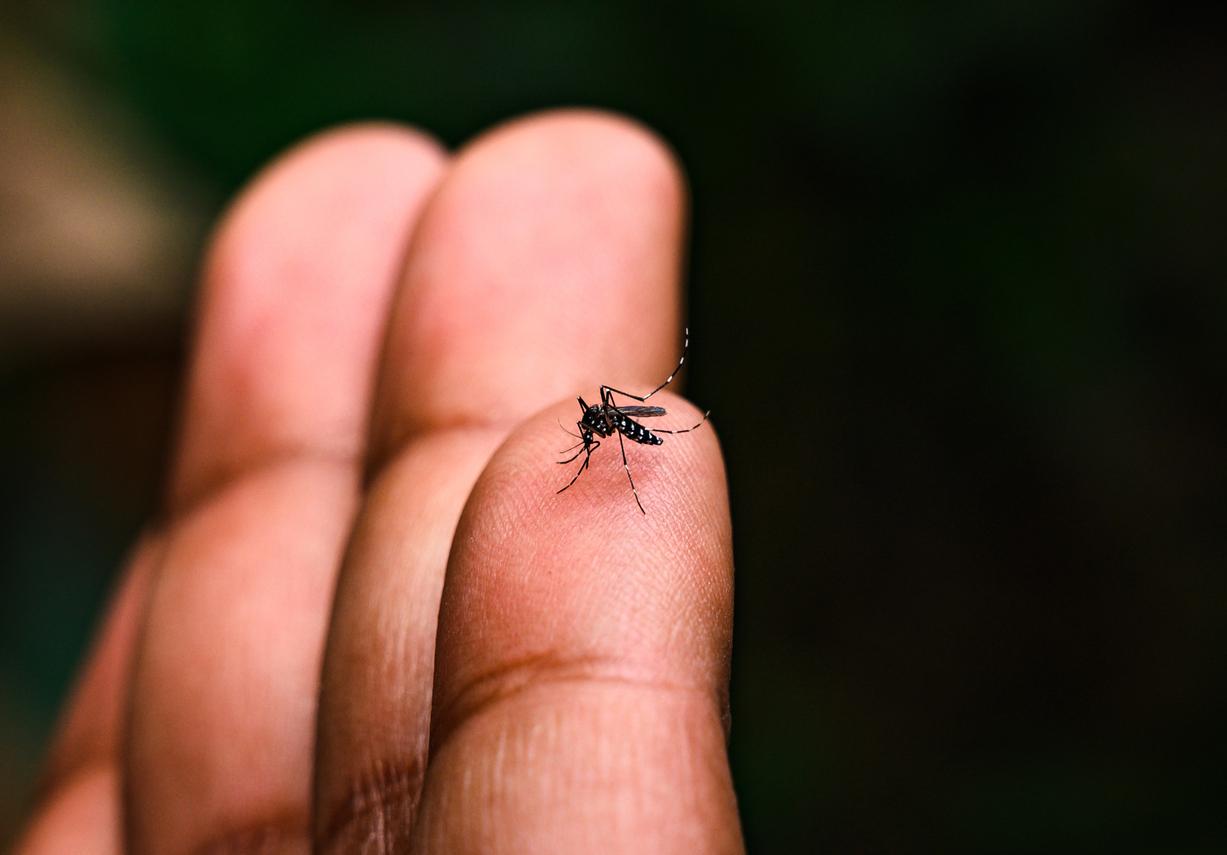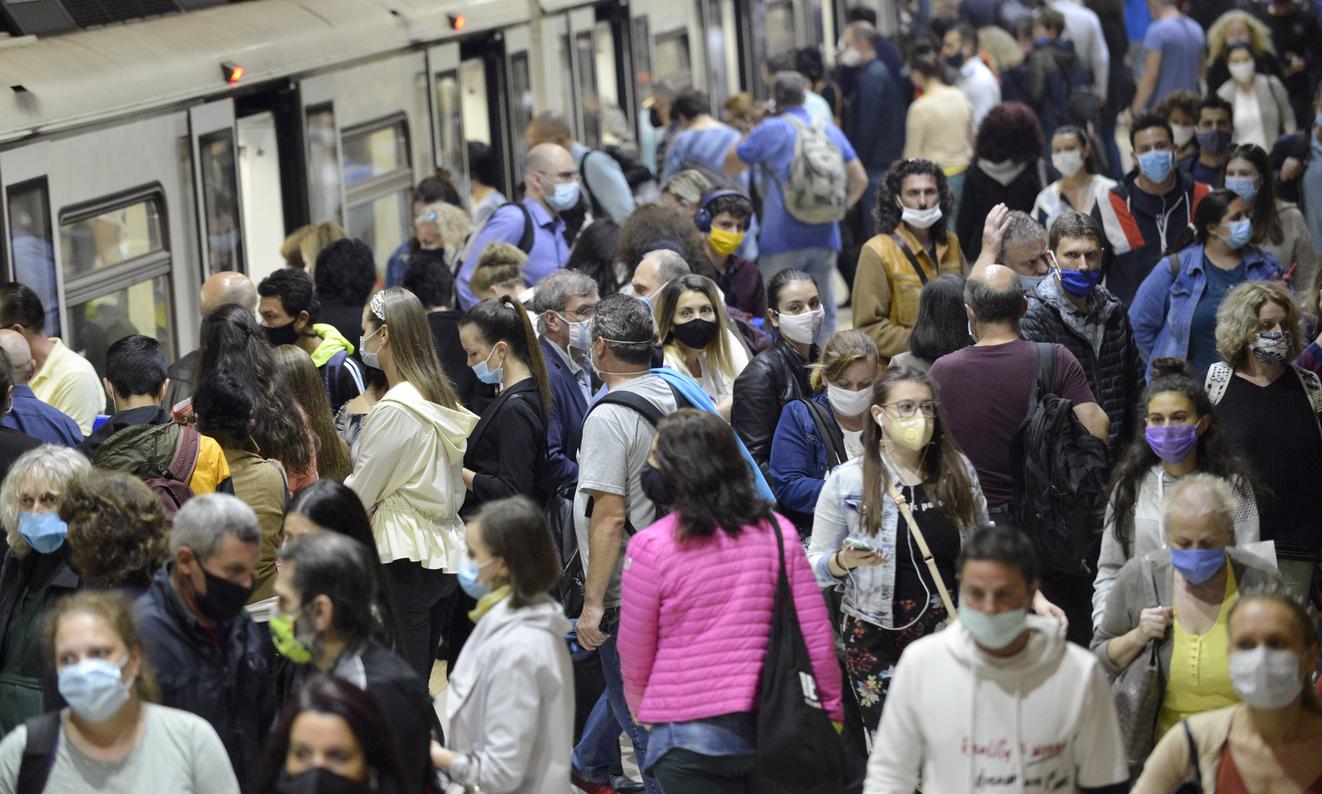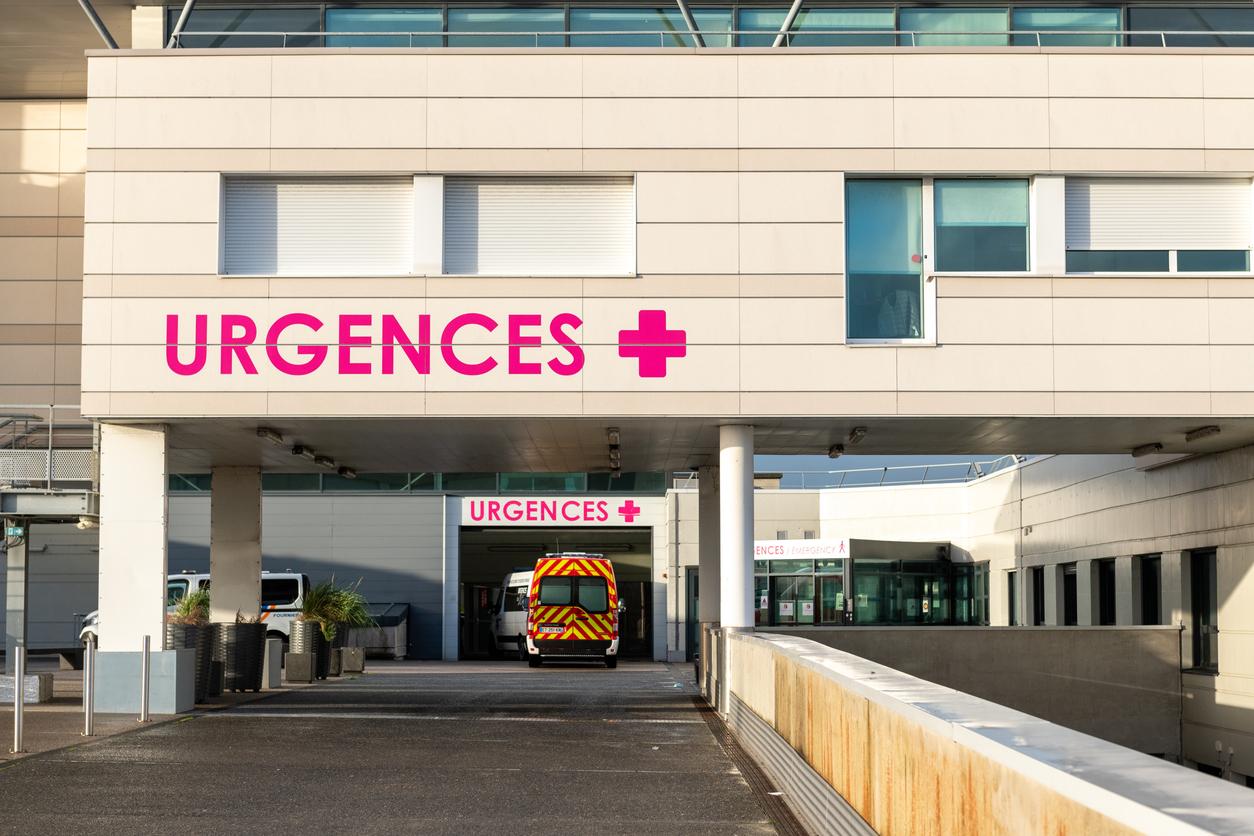The cholera epidemic continues to advance in the Democratic Republic of Congo. Its extension to the Central African Republic worries the UN.
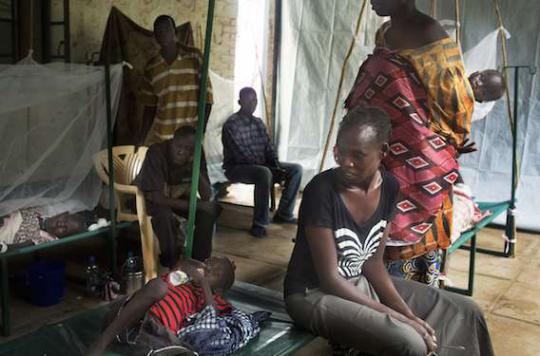
Far from improving, the cholera epidemic is spreading in West Africa. After the Democratic Republic of the Congo, the Central African Republic could pay the price. The outbreaks extend along the border between the two countries. During a press conference organized in Kinshasa (DRC) on August 24, the UN expressed its concern.
Multiple mobilization
Declared on August 10, the epidemic expanded along the Congo River before branching out towards the border with the Central African Republic. To date, 15,000 people have fallen ill in the DRC, of whom 382 have lost their lives. the vibrio cholerae, endemic in the country, has also affected nearly 170 people across the border.
Faced with this threat, the health authorities of the two countries have scheduled meetings. The objective: to define a common strategy to fight the epidemic, with the support of the World Health Organization (WHO) and the humanitarian association Médecins Sans Frontières. Unicef also provided hygiene and sanitation equipment.
Source water treatment
“WHO and the Ministry of Health and Sanitation have activated a cholera command and control center,” announces the WHO office in Africa on its website. An MSF mobile team travels along the Congo and Oubangui rivers. It helps the population to treat spring water and put in place appropriate strategies.
But the situation will not improve until the two countries are stabilized. “The country’s persistent crisis, including insecurity in certain areas, has exacerbated the existing challenges in disease surveillance,” warns Dr Michel Yao, WHO representative in the Central African Republic.
Because the DRC is currently facing a strong epidemic of yellow fever. The country is currently experiencing strong tensions between the government and the opposition. On the Central African side, violent clashes pitted the Muslim Seleka against the Christian anti-Balaka movement. The UN ended up intervening with the deployment of peacekeepers on the ground. Crises that heavily affect the health system.
.









